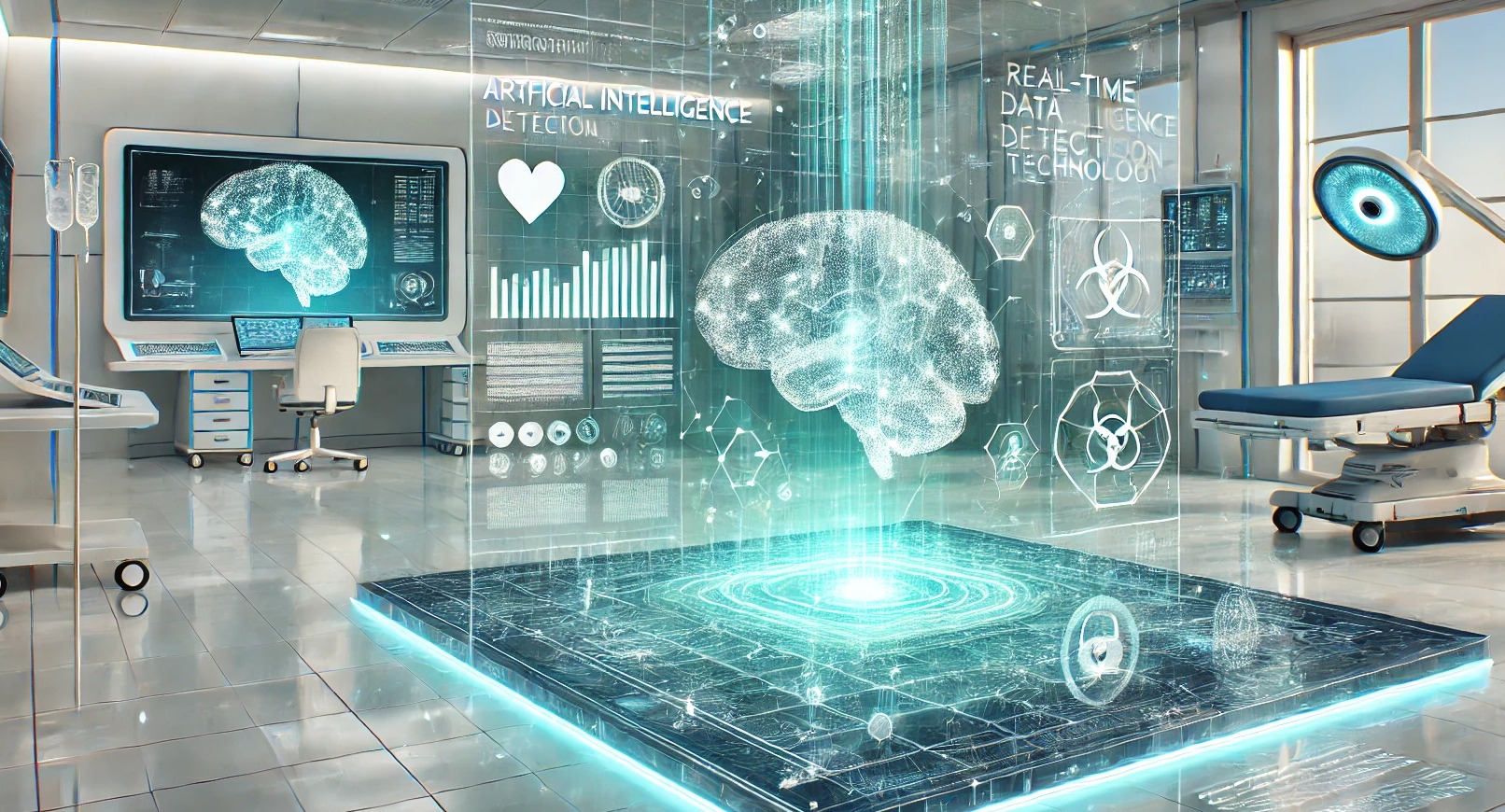Artificial Intelligence-assisted Gastrointestinal Abnormality Detection System (DeepGI)
KEY INFORMATION
TECHNOLOGY OVERVIEW
The DeepGI system is a cutting-edge AI tool designed to help detecting images captured during endoscopic examinations. Utilizing deep learning models, it can detect abnormalities in both the colon and stomach with over 90% accuracy. This real- time alert system assists medical professionals in identifying polyps with the potential to develop into cancer (neoplastic) and those without such risk (hyperplastic) in the colon. Additionally, it can pinpoint areas in the stomach where precancerous conditions, known as Gastric Intestinal Metaplasia (GIM), may be present. DeepGI is a vendor-unlocked system, compatible with most endoscopic cameras.
TECHNOLOGY FEATURES & SPECIFICATIONS
Technical consist of DeepGI AI software algorithm installed in the medical grade computer include capture card, GPU Technical Features
- Deep Learning Model: Utilizes a deep learning model trained on a large dataset of endoscopic images.
- Real-Time Analysis: Capable of processing endoscopic images in real-time during procedures.
- Multiple Abnormality Detection: Can detect various gastrointestinal abnormalities, including polyps, GIM, and other precancerous conditions.
- Classification: Can classify detected abnormalities into different categories, such as neoplastic and hyperplastic polyps.
- Localization: Can pinpoint the exact location of abnormalities within the endoscopic image. Technical Specifications
- Image Input: Accepts endoscopic images in various formats (e.g., JPEG, PNG, TIFF).
- Image Preprocessing: Employs image preprocessing techniques (e.g., normalization, augmentation) to enhance image quality and improve model performance.
- Model Architecture: Specifies the architecture of the deep learning model, including the number of layers, filters, and activation functions.
- Training Dataset: Details the size and composition of the dataset used to train the model.
- Evaluation Metrics: Defines the metrics used to evaluate the model's performance, such as accuracy, sensitivity, specificity, and precision.
- Integration Capabilities: Can be integrated with various endoscopic camera software.
- User Interface: Provides a user-friendly interface for endoscopists to interact with the system.
The ideal collaboration partners in the value chain: medical institution, device manufactures, DeepGI researcher, deep-tech company with marketing channel.
POTENTIAL APPLICATIONS
The DeepGI technology can be deployed in the healthcare industry specifically within the fields of gastroenterology and oncology.
Potential Applications:
- Early detection of gastrointestinal abnormalities: DeepGI can be used to identify precancerous conditions like GIM and polyps at an early stage, enabling timely intervention and potentially improving patient outcomes.
- Improved accuracy in polyp classification: The technology can help differentiate between neoplastic and hyperplastic polyps, aiding in treatment decisions.
- Enhanced endoscopic procedures: DeepGI can assist endoscopists by providing real-time guidance during procedures, reducing the risk of missing abnormalities.
- Research and development: DeepGI can be used for research purposes to study the development of gastrointestinal diseases and evaluate the effectiveness of new treatments.
Potential Products:
- Standalone DeepGI system: A standalone medical device that can be integrated into existing endoscopy suites.
- DeepGI as a software add-on: A software module that can be integrated into existing endoscopy systems.
- Cloud-based DeepGI platform: A platform that allows healthcare providers to access DeepGI as a cloud-based service.
- Mobile app for healthcare providers: A mobile app that enables endoscopists to access and analyze images captured during procedures.
In summary, the DeepGI technology has the potential to revolutionize the field of gastroenterology by improving the early detection, diagnosis, and treatment of gastrointestinal abnormalities.
Unique Value Proposition
DeepGI represents a significant advancement over current state-of-the-art methods in gastrointestinal endoscopy due to several key factors:
- Increased Accuracy and Sensitivity: DeepGI leverages deep learning algorithms, which are particularly adept at analyzing complex medical images like endoscopic scans. This enables it to identify subtle abnormalities that may be missed by human experts or traditional computer-aided diagnosis systems.
- Real-Time Detection: DeepGI is designed to process endoscopic images in real-time, providing immediate feedback to the endoscopist during the procedure. This allows for timely adjustments and reduces the risk of overlooking critical findings.
- Enhanced Classification: DeepGI can accurately differentiate between benign and malignant polyps, even those with subtle morphological features. This aids in determining the appropriate course of action for patients.
- Vendor-Agnostic Compatibility: DeepGI is compatible with a wide range of endoscopic cameras from different manufacturers, making it a versatile tool for various healthcare settings.
- Potential for Reduced Biopsies: By providing more accurate and confident diagnoses, DeepGI can potentially reduce the need for unnecessary biopsies, minimizing patient discomfort and healthcare costs.
- DeepGI's UVP lies in its ability to improve the accuracy, efficiency, and effectiveness of gastrointestinal endoscopy procedures. By providing real-time, accurate, and comprehensive analysis of endoscopic images, DeepGI offers a significant advantage over traditional methods. This can lead to earlier detection of abnormalities, more appropriate treatment decisions, and improved patient outcomes.

